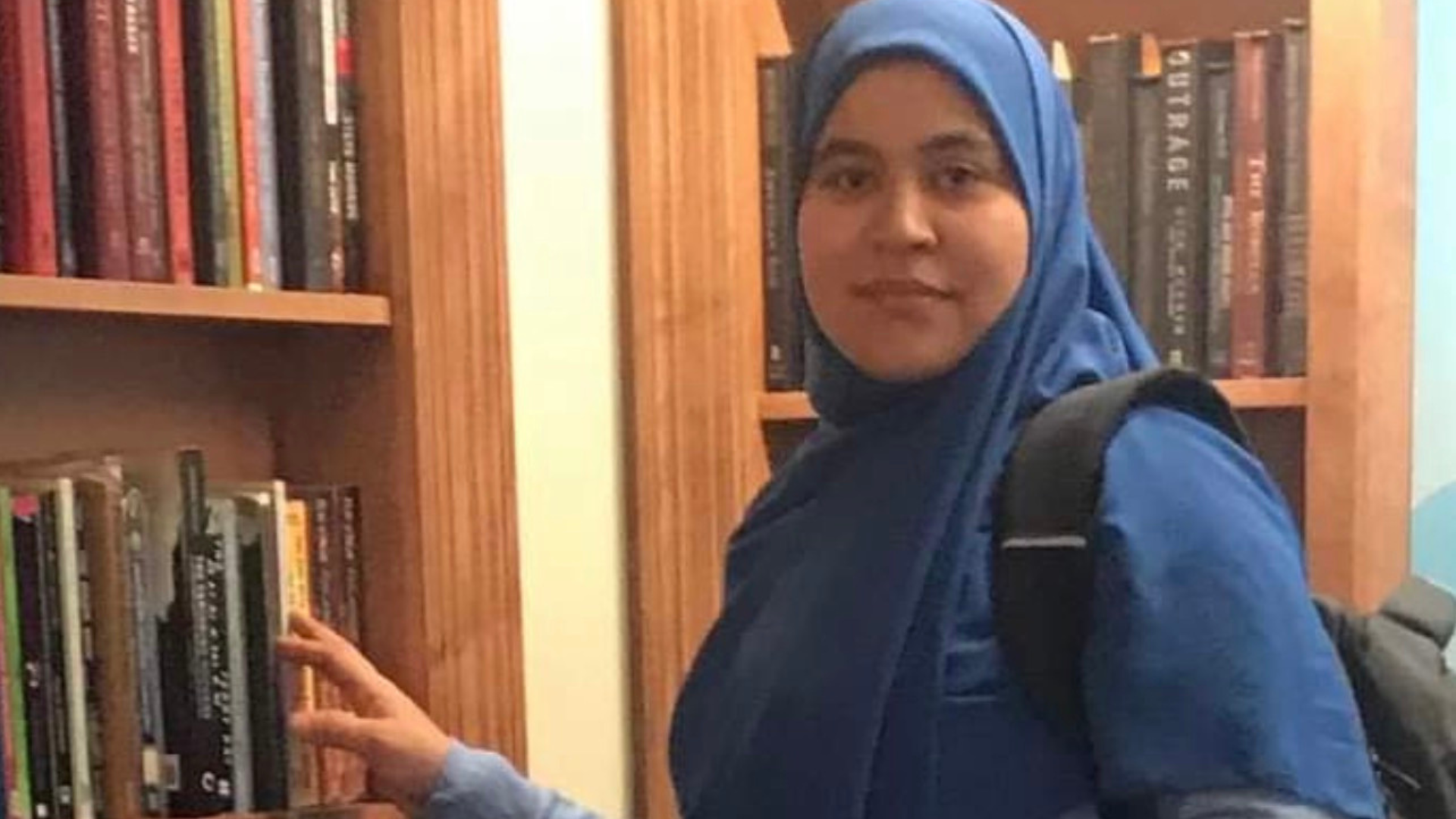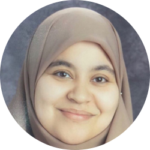
I have a unique perspective as head of the Islamic Studies Department at a K-8th grade private school and teaching middle school students. I have attended workshops and training about religion in different places, but this is my first time attending a fellowship where I collaborate with colleagues from different religious backgrounds. This was a new and unique experience for me. Learning how to teach about other religions in the classroom can have several important benefits, and I realized these benefits personally when I started including three things intentionally in my lessons.
First, teaching about religion can promote religious literacy and understanding among students. In today’s globalized world, it’s important for students to have knowledge and understanding of different religions and their beliefs, practices, and values. This can help students to develop empathy and respect for people of different faiths and encourage them to be more tolerant of religious diversity. And this was a great help for my students who have family members who are not following the same religion.
Second, teaching about religions can promote critical thinking and analytical skills. Students can learn to analyze religious texts and consider different interpretations and perspectives. This can encourage them to think more deeply about their own beliefs and values and to develop their own opinions about religion and spirituality.
Third, teaching about religions can provide historical and cultural context. Understanding the role that religion has played in history can be essential to understanding different cultures and civilizations. For example, learning about the role of Christianity in the European Renaissance or the impact of Islam on the development of science and mathematics can be valuable in helping students to understand the world around them.
Overall, teaching about religions in the classroom can promote understanding, critical thinking, and cultural awareness, which is all an important part of a well-rounded education. It also helps individuals understand more about their own identities and strengthens their beliefs. Religion helps students understand their own identities, but also to respect the religious identities of others. Then the open-minded American citizen line makes sense.
My “aha” moment was during my work during the storytelling session. Up to that point, I didn’t believe that storytelling is an important tool for teachers to engage students and convey information in a way that is memorable and meaningful. I realized when teachers tell stories, they are able to provide context and relevance to the material being taught, making it easier for students to understand and retain the information.
Additionally, storytelling can help students develop important skills such as critical thinking, problem solving, and empathy. Through hearing stories, students are able to analyze and interpret information, make connections between different concepts, and gain a deeper understanding of human experiences and emotions. When I used the storytelling in my class, I found it was an effective teaching tool that can help students learn and develop important skills, while also creating a positive classroom environment.
I never thought of myself as one who can tell a story the way I’m doing with my students now. Jennifer Zunikoff, who led the storytelling retreat, was very smart in leading me through the process with no rules. It seemed that it all came out of my nature. When I first told the story to my children and my students, I felt that it was the first time I felt the story. I was always listening to the same story, learning about it, and teaching it, but I had never felt it.
During the fellowship, I watched the 2022 ICJS Manekin-Clark Lecture with Dalia Mogahed. She shared a poll about the Muslims in the US—their feelings, impacts, and many other aspects.
This research led me to start research about the role of the Islamic education in educating the Muslims and spreading the message of Islam in the US and especially in Maryland. I’m currently working on this research with a group of researchers from Japan. I will be presenting it at the end of this year 2023 in one of the international conferences in Hiroshima- Japan.
Overall, when you learn about others’ beliefs, feelings, and culture, it is completely different from hearing from people’s personal experiences directly. The Teachers Fellowship gave me a chance to learn from others’ personal experiences. I saw how many other teachers share the same concerns and face the same struggles and challenges as me.
Coming together on the same table with the same mission is part of the success. You educate yourself to be able to educate your students. It is not about the knowledge which you can get from the books, but it is about the experiences you share with each other as a group.
 Hagar Ibrahim Zanouny Ibrahim teaches at Tarbiyah Academy and was a 2022-2023 ICJS Teachers Fellow. Learn more about the ICJS programs for teachers here.
Hagar Ibrahim Zanouny Ibrahim teaches at Tarbiyah Academy and was a 2022-2023 ICJS Teachers Fellow. Learn more about the ICJS programs for teachers here.
Opinions expressed in blog posts by the ICJS Teacher Fellows are solely the author’s. ICJS welcomes a diversity of opinions and perspectives.